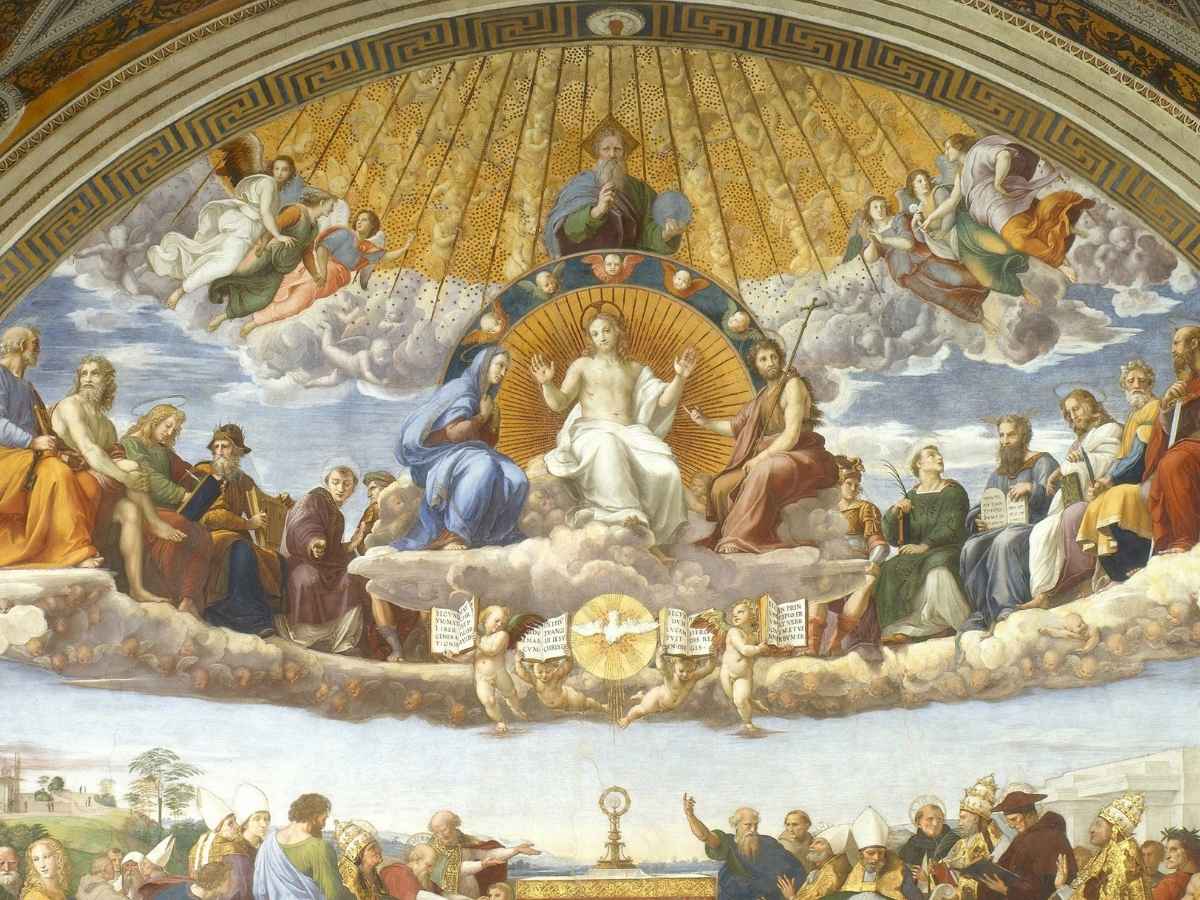By Matthew Soo
Pause for a moment and reflect on what comes to mind when you think of Jesus. Is he a man with long hair facing away from you? A magician who turned water into wine? Or is he the baby in a manger, lovingly held by his parents and adored by the wise men? While these images capture aspects of Jesus, they don’t capture the full beauty of him. This article highlights the core aspects of Jesus: Jesus as a real person who existed in History; His identity as the Son of God; And his divine mission, as the saviour of our world.
The Historical Jesus
First, it is important to understand that references to Jesus are not references to an imaginary, non-existent person. Instead, historians are in agreement that a man called Jesus of Nazareth lived and was a leader of a Jewish Sect. This agreement was due to the abundance of contemporaneous evidence which exists from a wide variety of sources. For example, the existence of Jesus is both alluded to by the Roman Historian Tacitcus, and a Jewish Historian, Josephus. These individuals were not Christians and had staked their reputation on their writings, yet they did not dispute something that should have been an obvious untruth.
What flows from this understanding of Jesus who lived, is our understanding that his ministry existed. Here, it is important to note that the earliest accounts of Jesus’s ministry were written within 25 years after his death. The allusions to named individuals were thus references to living individuals who could testify to the existence of Jesus. For example, Matthew, Mark, and Luke, all specifically highlighted Simon of Cyrene as being the individual who carried Jesus’s cross (Matt 27:32). Logically, it wouldn’t have made sense to highlight individuals who would discredit the existence of their Master! Taken together then, the evidence supports the Christian understanding that Jesus was a man who actually lived.
Jesus was both truly God, and truly man. In being truly man, Jesus possessed a human intellect and will … in being truly God, he was entirely without Sin.
Identity – as Son of God
Next, it is necessary to understand that Jesus was not only a living man. He was also the living son of God. This is directly linked to our profession as Catholic Christians that Jesus was both fully God and fully man.
Jesus’s title as the Son of God is not merely a metaphorical one. Instead, this was a personal declaration from God himself about the nature of Jesus. During both the baptism and transfiguration of Jesus, the voice of the Father designated Jesus as his “beloved son” (Matt 3:17, 17:5). This “signifies the unique and eternal relationship of Jesus Christ to God his Father”, where he “is the only Son of the Father”, and is also “God himself” (CCC #454). In effect, to be a Christian, one must believe that Jesus Christ is the Son of God.
Importantly, being the Son of the Living God doesn’t mean that Jesus was not human (eg, a divine being who appeared in human form). Instead, it is crucial to remember that Jesus was both truly God, and truly man. In being truly man, Jesus possessed a human intellect and will (CCC #475). Yet, in being truly God, he was entirely without sin. It is this nature that makes him the perfect mediator between God and Man and is directly related to his role as saviour (CCC #480).
Role – as Saviour
These aspects of Jesus were lived out by him in his role as the “Lamb of God who takes away the sins of the world” (John 1:29). In coming down from Heaven to do the Father’s will, Jesus’s obedience even up to death on the cross was necessary to restore man to communion with God (CCC #613). This was given that Man’s relationship was initially broken due to sin. Hence, through his death and resurrection, we have been sanctified by Jesus Christ (Hebrews 10:5-10).
Ultimately, Jesus Christ was a real man who lived in our times. Yet this real man was also truly God. It was this unique identity that led Jesus to die for the sins of the world. As the CCC explains, “out of love for his Father and for men, whom the father Father wants to save, Jesus freely accepted his Passion and death” (CCC 609). In this process, we thus see that in coming down from Heaven, “Jesus atoned for our faults and made satisfaction for our sins to the Father” (CCC #615).





